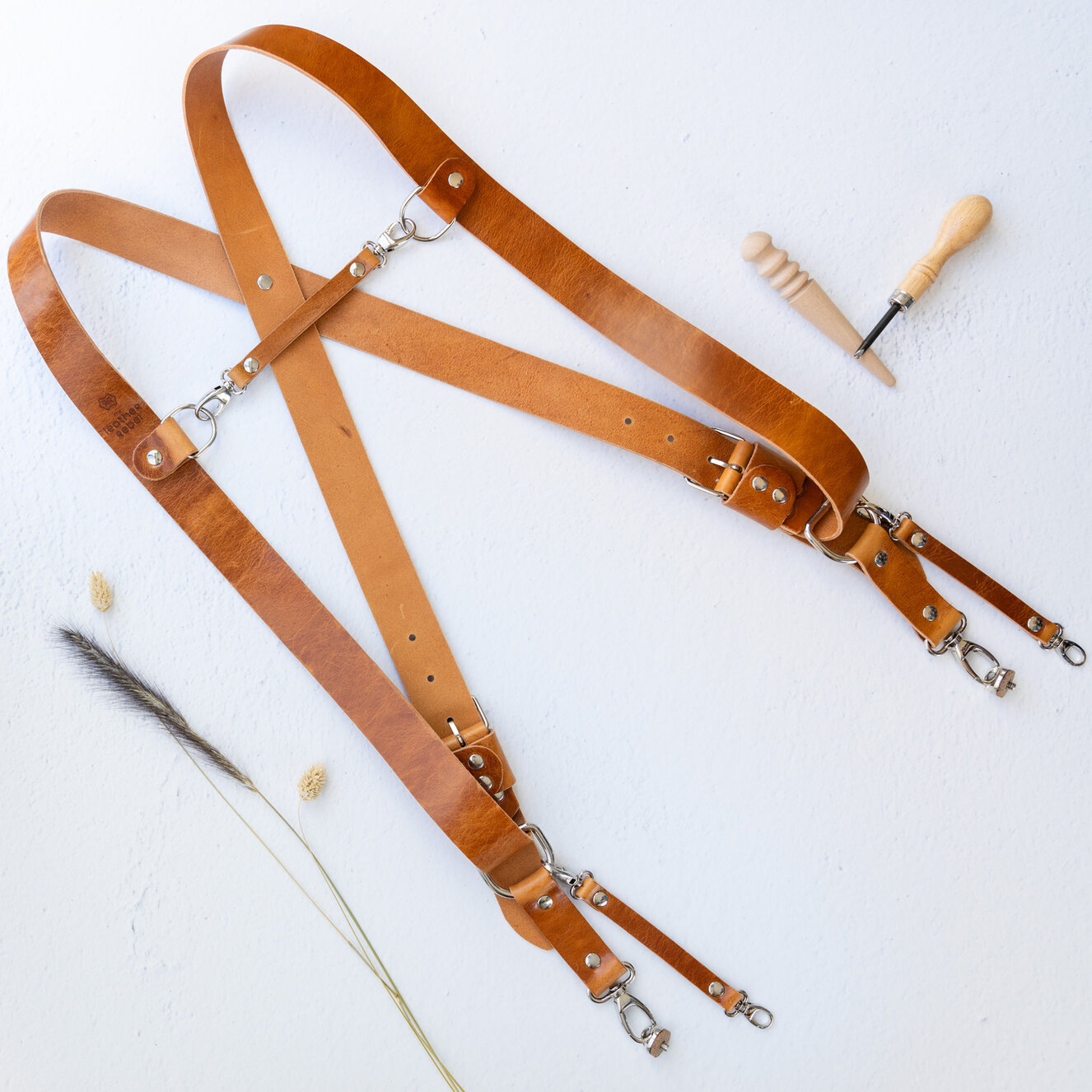As a wedding photographer, it is crucial to have complete confidence in your equipment and materials. But what do you actually take with you to a wedding? Here's an overview of the essential items:
1. Cameras and lenses
Backup camera: Always carrying a backup camera is essential. If your primary camera unexpectedly malfunctions, you can continue photographing immediately. Make sure the settings on both cameras are the same for a seamless transition.
Different lenses: A combination of zoom and prime lenses offers flexibility. This allows you to take both clear and detailed photos. An extra lens is useful in case of defects.
2. Memory cards
Multiple Cards: Fast, high-capacity memory cards are a must. Use cameras with a dual card slot for instant backup. This minimizes the risk of data loss.
3. Batteries and chargers
Extra batteries: For long days it is important to take several charged batteries and a charger with you. This way you can continue shooting without interruptions.
4. Flashes and lighting
Clip-on flashes: Ideal for low-light situations, such as the ceremony or evening party.
Diffusers and softboxes: For softening light and creating atmosphere for, for example, the love shoot or family photos.
5. Camera strap
Comfort and safety: A comfortable camera strap prevents fatigue and provides a professional appearance. A camera harness/dual camera strap is perfect for weddingphotographers who want to capture all the beautiful moments with the perfect lens.
6. Backpack and/or suitcase
Sturdy storage space: A good backpack or suitcase is indispensable for safely transporting all your equipment. If necessary, take a smaller backpack with you for flexible mobility during specific shoots, such as the love shoot.
7. Reflection screen
Directing natural light: Perfect for reducing shadows and optimizing light for portraits or love shoots.
8. Lens filters
Protection and quality: UV filters protect your lens, while polarizing filters reduce reflections and improve colors. Make sure you attach filters correctly to avoid problems during removal.
9. Laptop and backup system
On-site backups: Use a laptop to make backups during the day. Work with an external hard drive or cloud storage to store files securely and keep your laptop memory free.
10. Clothing and footwear
Comfort and professionalism: Wear clothes that match the wedding dress code and are comfortable enough for long days. Good footwear prevents fatigue.
With this equipment, you as a wedding photographer are fully prepared and can capture every wedding with confidence.
